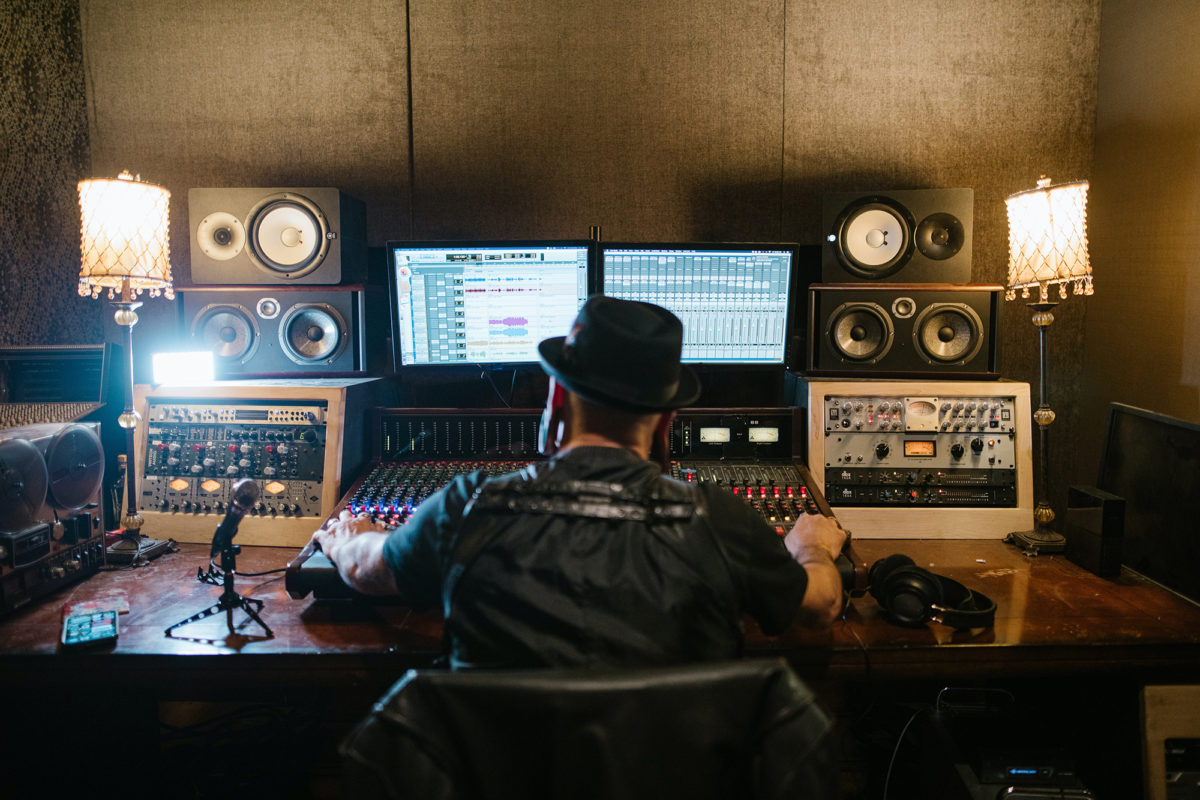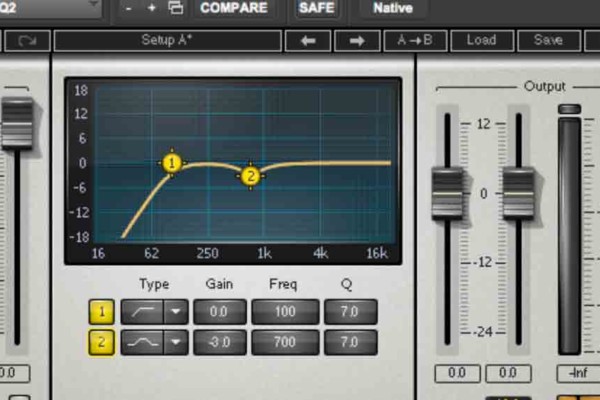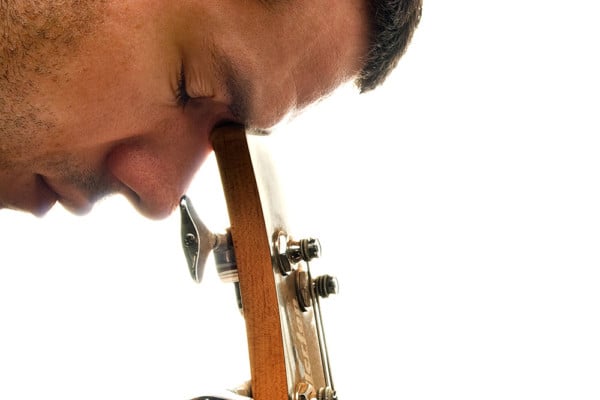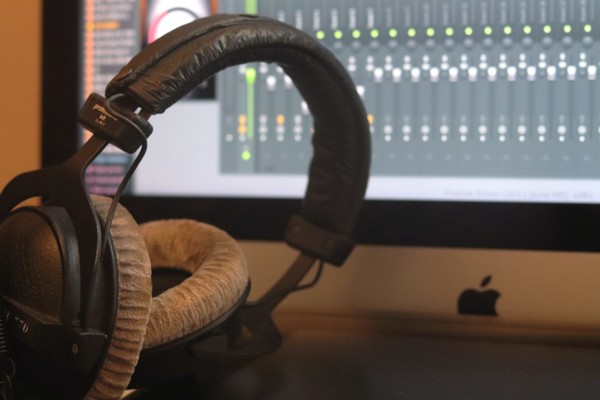Recording Bass: What To Expect For Your First Studio Experience

With everyone locked down at home in 2020, it seems many musicians took to writing songs as an outlet, which has made 2021 a very busy year for producers and engineers out there. We have had a significant increase this year with new bands including musicians that have never been in the studio. It’s been a little eye-opening when talking with these young bands as to just how green they are, even with all of the information out there these days.
Here are a few things I think will help you if you are preparing to enter the studio for your first time. The more prepared you can be, the more fun it will be. That will come across in the recording!
1. Practice, Practice, Practice
The guys that seem to take the longest in the studio are always the ones the least rehearsed. Taking a long time in the studio is not necessarily bad or wrong, but most stress and tension in sessions comes from having to do too many takes or not getting it right.
2. Take your bass to a professional to get it set up
Step one should always be to take your bass to the local luthier or guitar shop and have them set it up properly. Basses that are out of tune constantly can be catastrophic to a recording. This is another time-waster in the studio. It will result in numerous hours of unneeded work. You can easily squash this problem before it ever happens.
3. Be open to your producer’s suggestions
Remember your producer (if you’ve done your research and picked someone worth picking) has done thousands of recording sessions, and this is your first recording session. Just because you read somewhere that so and so recorded this way or that way does not mean that is the correct thing to do for your band. You will have most likely had a pre-production meeting with your producer and talked about your goals for your music. With that information, they would have put together the perfect plan to reach your goals. So keep an open mind and let them do what they do.
4. Don’t be set in stone on your amp settings
This kind of goes with #3. This is also a conversation I’ve had way too many times with new recording musicians. When you get into the studio, you will most likely be hearing what your amp sounds like for the first time. The studio is a neutral listening environment. Your amp in your room, basement, or garage will sound different. You will have most likely changed the knobs to make it sound how you want it to in those rooms. Unfortunately, in those rooms, you are also hearing the negative aspects and reflections of those rooms, not just your amp. When you hear it for the first time in a great listening area, you will probably need to adjust your settings slightly.
5. Have fun and don’t stress
This is very important and shouldn’t be overlooked. Sessions always go better when everyone is having a good time. If you are stressed about the costs, the marketing plan, or the gigs to follow, let all of that out of your mind for the recording session. You can figure out that stuff later. This is the time to have fun and record some good tracks.



